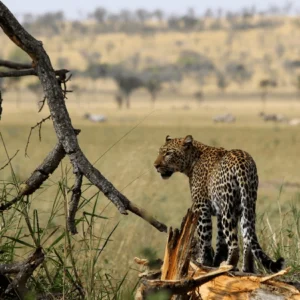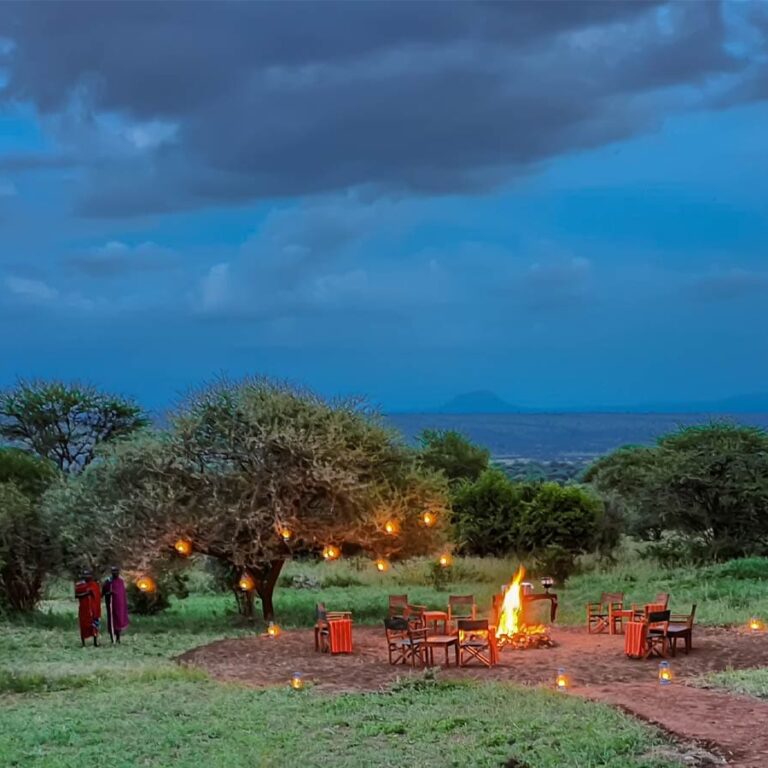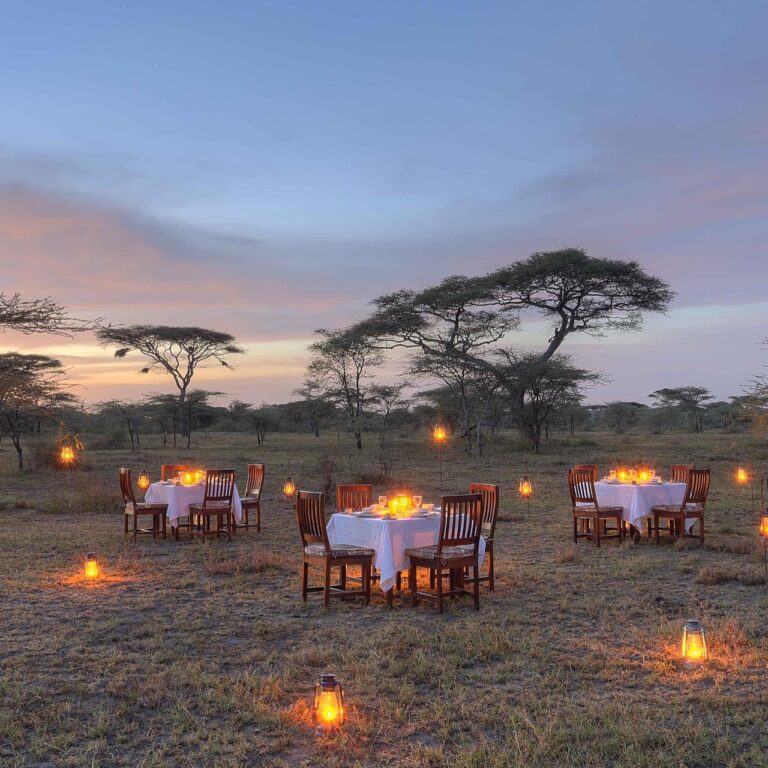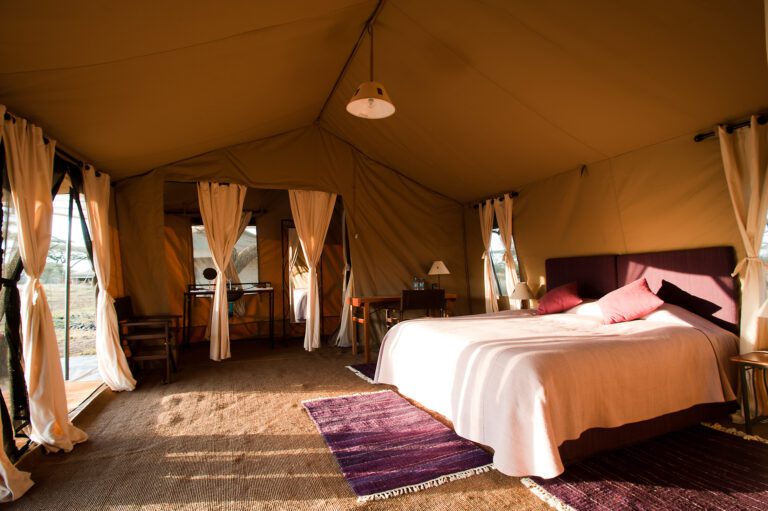Getting to Tanzania: A Comprehensive Guide.
If you’re planning a trip to Tanzania, understanding the various options for flights, airlines, visas, and entry requirements is crucial for a smooth and hassle-free journey. Whether you’re landing at Kilimanjaro International Airport (JRO), Julius Nyerere International Airport (DAR), or Abeid Amani Karume International Airport, proper preparation is key. Tanzania is a captivating destination known for its stunning landscapes, rich wildlife, and cultural heritage. Whether you’re planning to conquer Mount Kilimanjaro, explore the Serengeti, or relax on the beaches of Zanzibar, getting to Tanzania involves a bit of planning. In this comprehensive guide, we will cover flights, airlines, visa requirements, and other essential entry requirements to help you prepare for your journey.
Kilimanjaro International Airport (JRO)
Explore Kilimanjaro International Airport is an international airport located in Hai District, Kilimanjaro Region, Tanzania is situated 50km/31mi east of Arusha, the gateway of Tanzania’s popular Northern safari circuit. The airport serves the cities of Arusha and Moshi. Kilimanjaro International Airport (JRO) serves as a major gateway for travelers looking to explore the wonders of Tanzania, particularly for those heading to the iconic Mount Kilimanjaro. Airlines like KLM, Turkish Airlines, and Qatar Airways offer regular flights to this airport, providing convenient access for tourists from around the globe.
From Kilimanjaro International Airport, travelers can easily access nearby towns and safari destinations via taxis, shuttle services, or rental cars. Additionally, many hotels and tour operators provide transfer services to ensure a seamless transition from the airport to your desired location.
Julius Nyerere International Airport (DAR)
Tanzania’s main airport is Julius Nyerere International Airport (DAR), located 13km/8mi southwest of Dar es Salaam. This is the entry point for visitors to the southern parks. Julius Nyerere International Airport (DAR) in Dar es Salaam is another vital entry point for visitors to Tanzania. This airport is well-connected to various international destinations, with airlines such as Ethiopian Airlines, Emirates, and Kenya Airways operating frequent flights. Whether you’re heading to the bustling city of Dar es Salaam or embarking on a safari adventure, DAR offers a convenient starting point for your Tanzanian journey.
Abeid Amani Karume International Airport
Abeid Amani Karume International Airport is the main airport in the Zanzibar best and classic Archipelago located on Unguja Island, Zanzibar, Tanzania. It is approximately 5 kilometres south of Zanzibar City, the capital of Zanzibar, and has flights to East Africa, Europe, and the Middle East. For travelers looking to explore the picturesque island of Zanzibar, Abeid Amani Karume International Airport provides easy access to this tropical paradise. Airlines like Coastal Aviation and Ethiopian Airlines operate flights to this airport, making it a popular choice for those seeking sun, sand, and culture in Zanzibar.
Domestic Airlines
Tanzania has a robust network of domestic airlines that facilitate travel within the country. Some of the key domestic airlines are:
Precision Air: The largest airline in Tanzania, offering flights to major cities and tourist destinations.
Air Tanzania: The national carrier, providing both domestic and limited international flights.
Coastal Aviation: Specializes in safari flights, connecting key national parks and remote locations.
Auric Air: Offers charter and scheduled flights to various destinations, including the Serengeti and Zanzibar.
Regional Air: Provides connections to major tourist hubs and national parks.
International Flights and Airlines to Tanzania
Several international airlines operate flights to Tanzania, providing a wide range of options for travelers. There are 23 airlines that fly from the United States to Tanzania. The most popular route is from John F. Kennedy International Airport in New York to Kilimanjaro International Airport in Arusha. On average this flight takes 20 hours 13 minutes one way and costs $3,523 round-trip. Some of the prominent airlines include:
KLM Royal Dutch Airlines: Offers direct flights to Kilimanjaro International Airport from Amsterdam.
Qatar Airways: Provides flights to Kilimanjaro and Julius Nyerere International Airports via Doha.
Emirates: Operates flights to both Kilimanjaro and Julius Nyerere International Airports via Dubai.
Turkish Airlines: Flies to Kilimanjaro and Julius Nyerere International Airports via Istanbul.
Ethiopian Airlines: Offers extensive connections to various Tanzanian airports via Addis Ababa.
Domestic Flights in Tanzania
Traveling within Tanzania is made easy with frequent domestic flights connecting major cities and tourist destinations. These flights are essential for reaching remote safari lodges and national parks. Popular domestic routes include:
Dar es Salaam to Arusha: A common route for travelers heading to the northern safari circuit.
Arusha to Zanzibar: Ideal for combining a safari with a beach holiday.
Dar es Salaam to Zanzibar: A short and frequent flight for those visiting the island.
Direct vs. Connecting Flights
Depending on your location and travel preferences, you can choose between direct flights to Tanzanian airports or opt for connecting flights with layovers in regional hubs like Addis Ababa, Nairobi, Istanbul, or Doha. Direct flights offer convenience and efficiency, while connecting flights may provide additional flexibility and cost savings for travelers. Tanzania has several airports, although the most common access points are Julius Nyerere International Airport (Dar es Salaam) on the coast and Kilimanjaro International Airport in the north-east of the country or connections are available from Jomo Kenyatta Airport (Nairobi, Kenya).
Local Arusha Tanzania airport
Arusha Airport (ARK) primarily handles domestic flights and is a key hub for safari-goers traveling within Tanzania. It’s located close to Arusha city, a popular starting point for northern circuit safaris. Arusha Airport is a domestic airport located in Olasiti ward of the city of Arusha, the capital of the Arusha Region of Tanzania. The airport is currently undergoing an expansion, which includes a new apron and terminal building. The Arusha non-directional beacon is located at the west end of the field reaching top destinations Serengeti National Park, Zanzbar, Ngorongoro crater, Lake Manyara National Park and Tarangire National Park.
Passport, Visa, and Other Entry Requirements
Before embarking on your journey to Tanzania, it’s essential to familiarize yourself with the visa and entry requirements. Depending on your nationality, you may need to obtain a visa in advance or upon arrival. It’s recommended to check the latest visa regulations and entry requirements to ensure a seamless entry into the country.
To enter Tanzania, travelers must possess a passport that is valid for at least six months from the date of entry. Ensure that your passport has sufficient blank pages for visa stamps.
Most travelers to Tanzania will require a visa. Here are the primary types of visas available:
Tourist Visa: Available for single entry or multiple entries, valid for up to 90 days. Can be obtained online through the Tanzania eVisa system or upon arrival at major entry points.
Business Visa: For those conducting business activities, valid for up to 90 days.
Transit Visa: For travelers passing through Tanzania to another destination, valid for up to 14 days.
Volunteer Visa: For those engaging in volunteer work, usually issued for the duration of the volunteer program.
Visa Application Process
The eVisa system is the most convenient way to obtain a Tanzanian visa. Here’s how to apply:
Visit the Official eVisa Website: Complete the online application form, providing personal details, travel information, and the purpose of your visit.
Upload Required Documents: Include a passport-sized photo, a copy of your passport, and any additional documents specified based on your visa type.
Pay the Visa Fee: Fees vary depending on the type of visa and nationality.
Receive Your eVisa: Once approved, your eVisa will be sent to your email. Print a copy to present upon arrival in Tanzania.
Entry Requirements and Health Measures
In addition to a valid visa, travelers must adhere to certain health and entry requirements:
Yellow Fever Vaccination: Mandatory for travelers arriving from countries with a risk of yellow fever transmission. Carry an international vaccination certificate as proof.
COVID-19 Measures: Depending on the current global health situation, travelers may need to present a negative PCR test result, proof of vaccination, or undergo health screenings upon arrival. Check the latest updates from Tanzanian authorities before your departure.
Customs Regulations
When entering Tanzania, be aware of customs regulations regarding the import of goods:
Currency Declaration: Declare amounts exceeding USD 10,000 or its equivalent in foreign currency.
Prohibited Items: Includes narcotics, firearms, and certain wildlife products.
Duty-Free Allowances: Limited quantities of alcohol, tobacco, and personal items can be imported duty-free.
Why Visit Tanzania?
Tanzania is a paradise for nature enthusiasts, with its renowned national parks, such as the Ngorongoro Crater and the Selous Game Reserve, providing unforgettable safari experiences. The country’s rich culture, warm hospitality, and captivating history also make it a must-visit destination for those seeking to immerse themselves in East African charm.
Seasonal Considerations
When planning your trip to Tanzania, consider the weather patterns and wildlife migrations. The dry season, from June to October, is ideal for wildlife viewing, while the wet season, from November to May, brings lush landscapes and the chance to witness the Great Migration in the Serengeti.
In conclusion, planning your trip to Tanzania involves careful consideration of flights, airlines, visa, and entry requirements. By understanding the options available at Kilimanjaro International Airport, Julius Nyerere International Airport, and Abeid Amani Karume International Airport, as well as the necessary visa procedures, you can make the most of your Tanzanian adventure. Safe travel.








